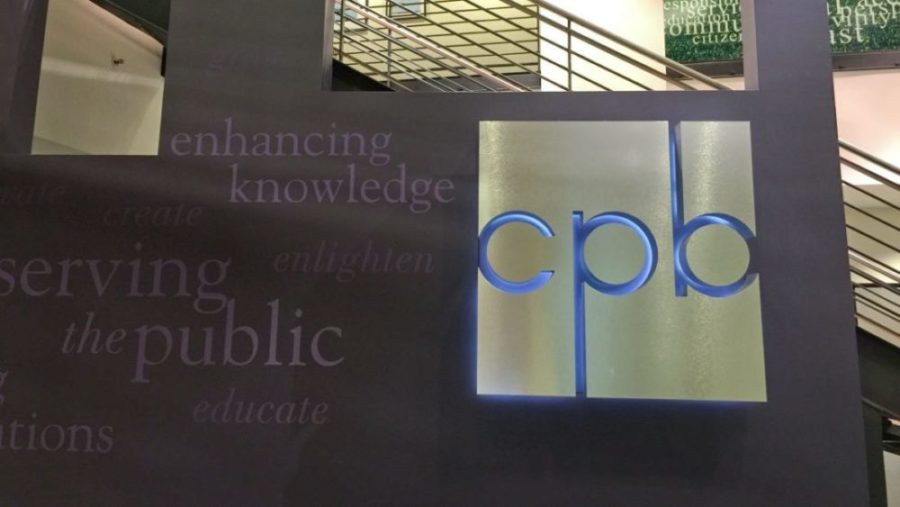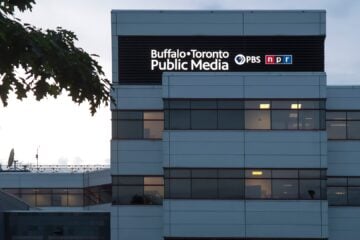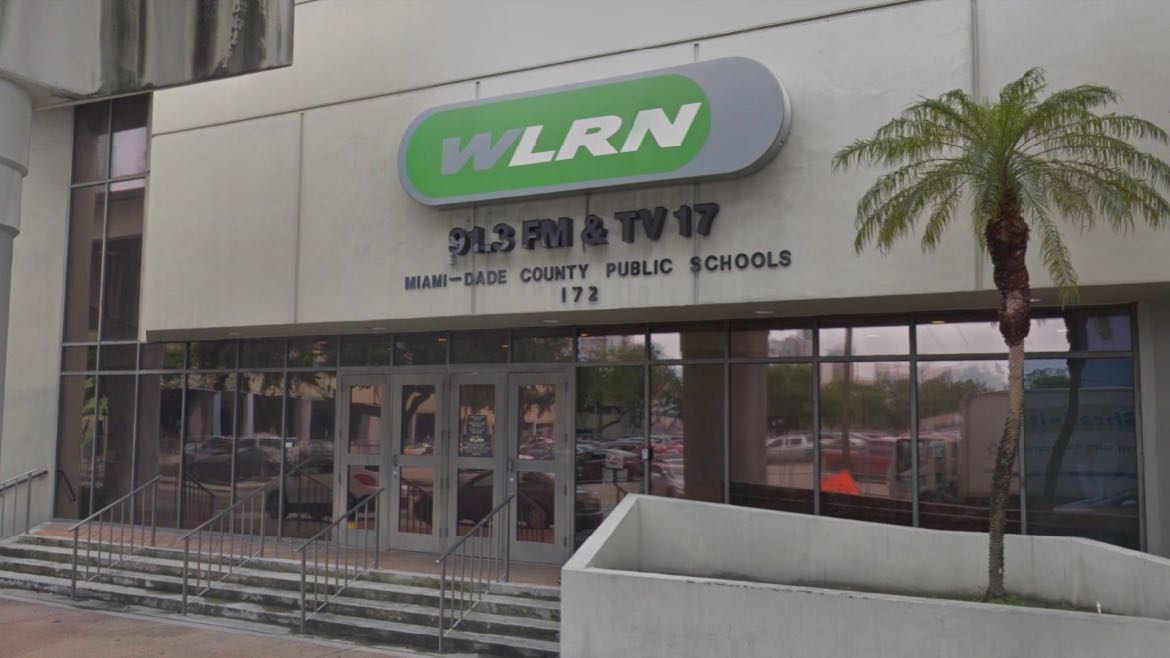CPB secures music rights for public media through 2027

Dru Sefton / Current
CPB has completed negotiations to pay music license agreements for public media organizations through the end of 2027.
The agreements, announced Monday, include performing rights organizations ASCAP, BMI, SESAC, Harry Fox Agency and Global Music Rights and will preserve public media’s music rights through Dec. 31, 2027.
CPB will also pay for the first two years of an upcoming agreement with SoundExchange through the same date, according to a news release. That deal secures digital performance rights for public radio, including streaming.
PBS and NPR are cosignatories and will manage the agreements going forward, said Clayton Barsoum, SVP of government and external affairs, in an email to Current. CPB’s website now includes a link to publicmediamusicrights.org, a portal launched by NPR and PBS to provide information about the music rights and organizations’ coverage.
How to pay for the licensing agreements has been a looming question for public media leaders since Congress voted to rescind CPB’s appropriations in July.
As a CPB transition team winds down operations, arranging to extend the deals was among the staff’s priorities.
“Over the past several months, CPB has worked closely with the performing rights organizations to secure these licenses so that stations can continue to bring music to the communities they serve — without interruption or additional cost,” CPB CEO Patricia Harrison said Monday in a news release. “At a time when so many stations are struggling to survive following congressional rescission of federal funding, CPB is proud to lift this financial burden and ensure that audiences nationwide can continue to experience the music that connects us.”
Barsoum cited the confidentiality of negotiations in declining to disclose the cost, though he noted “generally … it is a large expenditure for CPB.” CPB did negotiate significant savings, he added.
CPB financial statements show annual music royalty expenses of about $9.6 million in FY23 and FY24.
“For decades, CPB has assumed the responsibility of negotiating and administering multi-year agreements with these organizations on behalf of the entire public media system—securing favorable rates, ensuring compliance, and covering the administrative costs of licensing and monitoring more than 500 stations nationwide,” CPB said in its news release. “By handling these agreements systemwide, CPB has saved stations millions of dollars annually, both through reduced fees and by eliminating the need for each station to manage its own complex and costly licensing process.”





